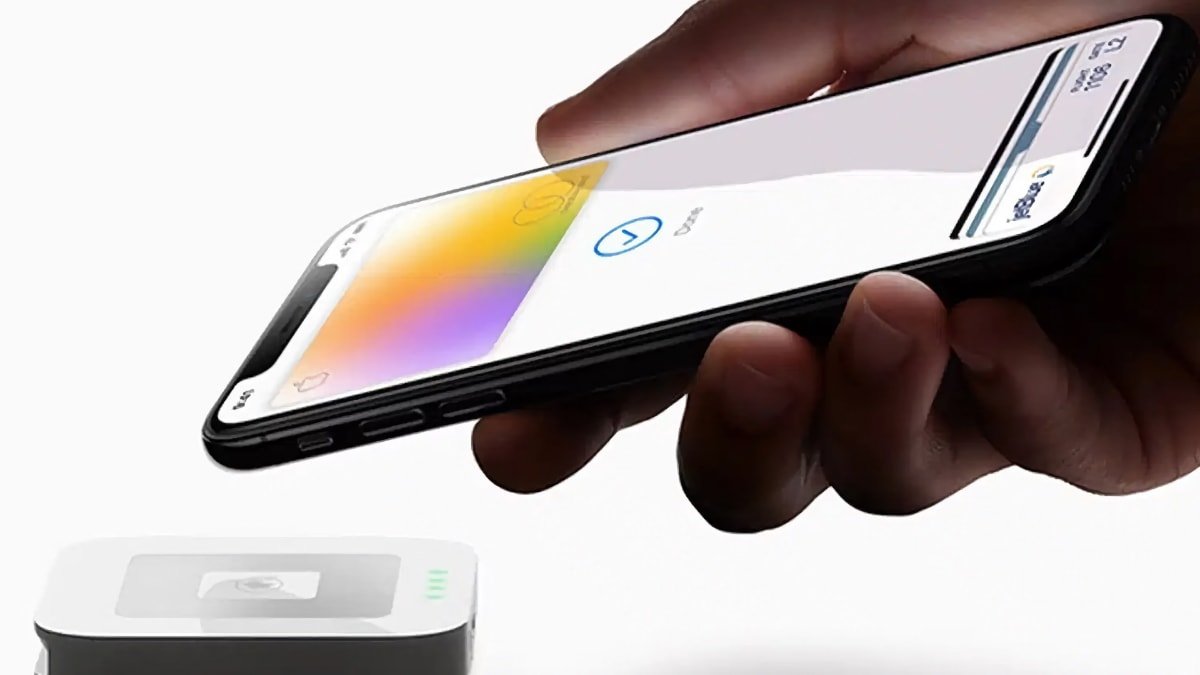Apple offers to open NFC on iPhone in EU, likely to stave off antitrust regulation
A new report claims that Apple has offered to open up iPhone near-field communication central to Apple Pay to other payment services, to fight off antitrust claims in the EU.

Apple Pay
The report on Tuesday, by Reuters is light on details. It cites "three people familiar with the matter," and doesn't discuss any context behind the alleged offer.
This entire saga began in 2019. Four years ago, EU investigators requested feedback from payment companies regarding Apple Pay. They were concerned that Apple's decision to restrict the iPhone's NFC chip to only work with Apple Pay would prevent other companies from entering the mobile payment market.
The European Commission, which oversees antitrust laws in the EU, has accused Apple of engaging in anticompetitive behavior since the launch of Apple Pay in 2015. Officials are convinced that Apple's limiting the iPhone's built-in NFC chip to Apple Pay is the crux of the matter.
Apple Pay is not the dominant mobile payment service in the EU, nor does Apple hold the majority of the smartphone sales.
The EU is not the first governmental agency to take issue with Apple's handling of the NFC on the device. Shortly after its launch, a group of prominent Australian banks attempted to boycott Apple Pay to negotiate access to the NFC hardware within Apple devices for third-party use.
However, the banks eventually backed down after the Australian Competition and Consumer Commission denied their boycott request in 2017.
The EU is currently exploring other payment options for mobile devices, such as QR codes and Bluetooth technologies, as alternatives to Apple's NFC chip.
Read on AppleInsider

Comments
I'm not surprised Apple potentially sees this as restricting competition because that is what it is.
It is not only the payment side of things either. Users of public transport systems in places like Barcelona are unable to use the system through the native app because iPhones restrict access to the necessary hardware. That is supposedly being negotiated but the authorities say access (which requires negotiation with Apple) could be over a year away.
had to go to San Fran to visit people the clipper card for the BART transport integration in to Apple wallet worked fine once I learn how to use it.
Integrating with Apple Pay natively is not a solution. It is part of the problem.
Apple has a couple of options. Ride things out and wait to see if it actually is deemed to be limiting competition/harming consumer choice etc or take proactive measures.
It looks like the latter might be the path they are looking at.
Yet, the cantankerous bureaucrats in Brussels and their socialist apparatchiks want to force Apple to unwind some innovations to its own detriment?
Maybe people of the European Union should vote out Ursula von der Leyen and their meddling commissioners. Oh wait, they can't...
Force banks out of business? Are you serious. Banks are notorious at their own dirty tricks and price gouging, especially in Australia. This was not about free trade this was all about protecting their profits. Period. Not about consumers, not about security, it was all about their bottomline. Banks stinks.
I couldn't agree more.
Out of a business.
You can huff and puff all you want but it won't change reality.
Apple has deliberately cut off competition via its NFC shenanigans. It forces banks that want to offer payment solutions on iPhones to go through Apple Pay where Apple takes a cut.
Apple does not make users aware of this situation.
Is that anti-competitive? Is it harming consumer choice? Is it abuse of dominant position?
EU soil. EU rules. How do you think they will see things?
It looks like we won't have to wait long to find out.
The claim: "Apple reached agreements with Visa and then with Mastercard not to use the iPhone to establish its own independent POS Transaction Payment network. Instead, Apple, Visa, and Mastercard agreed to run Apple Pay transactions over the Entrenched Networks’ POS Transaction Payment networks. Upon information and belief, Apple agreed with the Entrenched Networks to protect their market division from competition by blocking third parties from accessing certain hardware in the iPhone, namely the iPhone’s “Secure Element,” which those third parties could have used to establish mobile-based payment solutions that competed with the Entrenched Networks.
In exchange, the Entrenched Networks agreed that Apple would be paid a portion of the fees generated through the Entrenched Networks’ respective POS Transaction Payment systems."